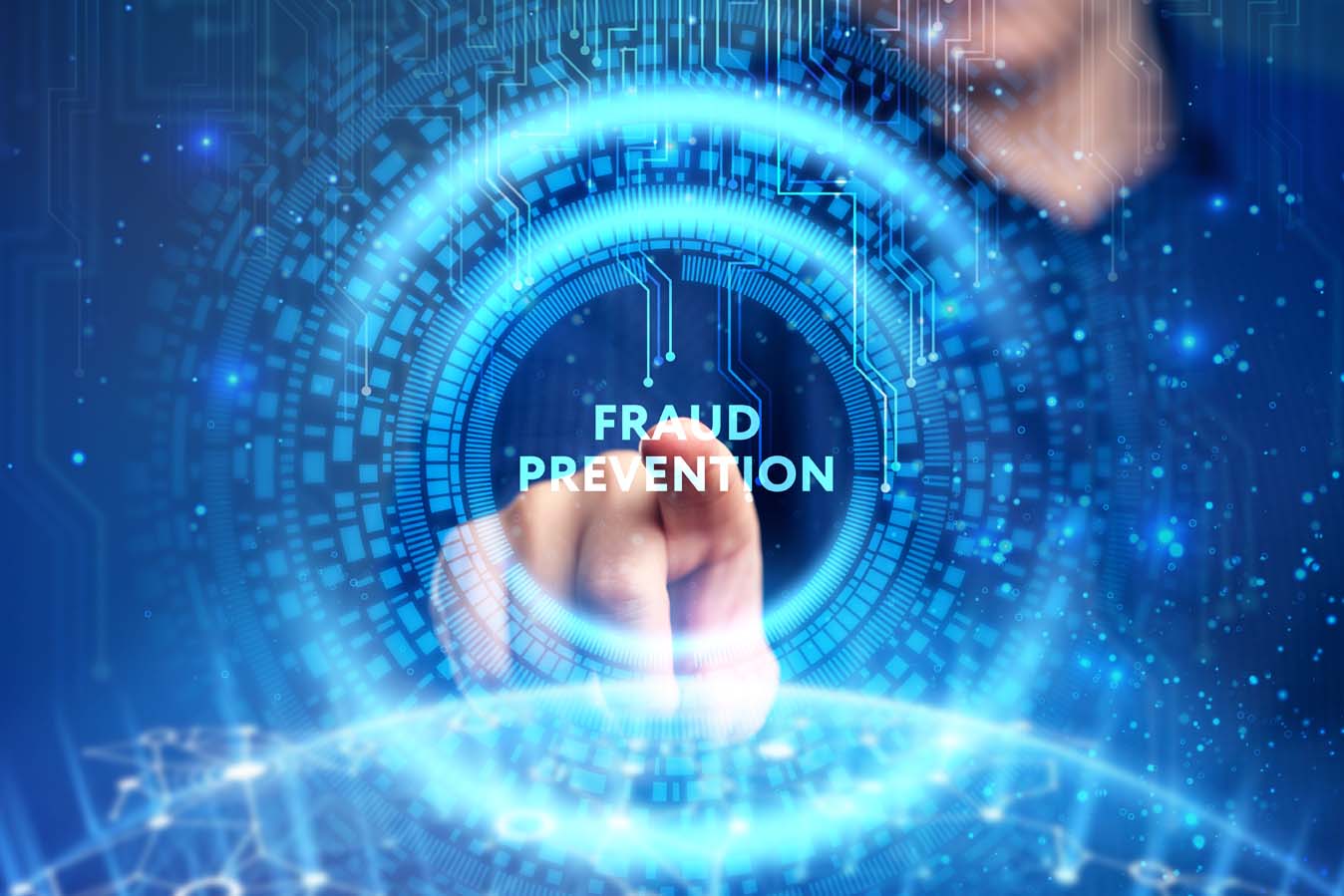If you encounter a suspicious email, website, or unsolicited pop-up window that claims affiliation with Belize Bank, please report it to us immediately by contacting The Belize Bank Online Customer Service Center at + 501-227-7132 extension #269 or by email at [email protected] or [email protected]

Fraud Prevention
What is Phishing?
One of the most prevalent types of online fraud being used today is called Phishing. Phishing is described as the act of sending an e-mail to a user falsely claiming to be an established legitimate enterprise in an attempt to scam the user into surrendering private information that will be used for identity theft. The e-mail directs the user to visit a website where they are asked to disclose or update personal or financial information, such as passwords or credit card number, social security, and bank account numbers that the legitimate organization already has. The website, however, is bogus and is set up solely to gain access to and steal the user’s personal information. The Belize Bank Limited firmly believes that the protection of its clients from online fraud, while in part the responsibility of the online user, is to a certain extent dependent on the tools provided by Belize Bank Online to assist its clients in protecting themselves against online fraud.
What are the telltale signs of a fraudulent (Phishing) email?
Phishing Attacks
- Make sure to install anti- Spelling and/or grammatical mistakes
- Generic greetings such as ‘Dear User’, instead of using your real name.
- Warns you that your account needs to be reactivated or has been suspended
- Arrives unsolicited when you don’t expect one


- Urges you to click on a link in the email or open the attachment. Although the text of the link indicates that it will open a webpage for the Bank, hovering your mouse pointer over the link reveals a different webpage which is fraudulent.
How to protect yourself from virus and anti-spyware software and keep them updated
- Keep your computer updated with the latest Operating System patches
- Keep your browsers updated
- Do not send sensitive information over the Internet before checking a website’s authenticity
- Pay attention to the URL of a website. Fraud sites may look identical to the real site, but the URL may use a variation in spelling or a different domain.
- Do not click on suspicious links or download questionable files
- Avoid using the same computer for everyday surfing and Online Banking
- Use strong passwords and periodically change them
- Turn off your computer when not in use
- Turn on two-factor authentication where possible. Two-factor is supported by all major free providers like Google and Social Media websites
How to know you’re on Belize Bank Online
Before providing personal information to any website ensure you are visiting the correct website.
Protect yourself by ensuring you are visiting the correct Online Banking website. Ensure always that the website address says //online.belizebank.com. If you are unsure of a website head over to www.belizebank.com and access the Online Banking Login page from there.
For convenience save the bookmark to always use to access our website. Never use links received through emails except for ones you initiated yourself e.g. you by resetting your password. Be cautious of emails pretending to be from your Bank asking you to click on links.
Belize Bank Limited Online uses a security certificate to protect the information between you and the Bank. This is indicated by the ‘s’ in https. The security certificate is represented by a padlock icon found at the bottom right corner (or left corner) or on the address bar of the web browser. While implemented differently on each browser the user should be able to access the certificate by left-clicking or double-clicking on this padlock icon.
Protect yourself
Do not respond to unexpected websites or unsolicited emails that request personal information. If in doubt, contact the trusted company directly. Please follow Safe Computing Practices to help protect your information.